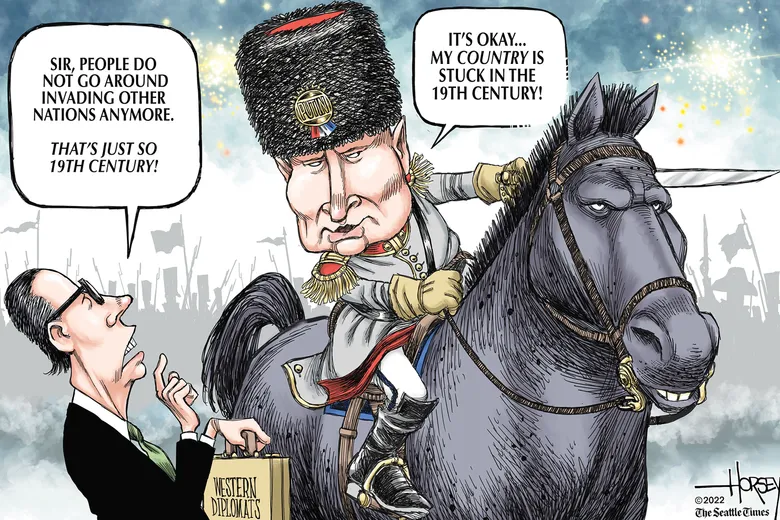T.K.Whitaker, 1916-2017, the architect of modern Ireland

Born in Rostrevor, Co Down in 1916 and raised in Drogheda, Co Louth he played an immensely influential role in the economic, social and cultural evolution of the state. His meteoric rise in the Civil Service spanned the history of modern Ireland.
His appointment as the youngest secretary of the Department of Finance at 39, changed the direction of economic policy led the move from protectionism to free trade, and guided Ireland on its journey towards European integration. A rational and informed voice behind the most significant events in recent Irish history he provided the blueprint for Ireland's regeneration in his inspirational document Economic Development.
The 1965 Anglo-Irish Free Trade Agreement, undid the protectionist policies adopted by the Wilson government late in 1964, also, marked the protectionist economic philosophy that guided Lemass and Fianna Fáil since the 1930s and had been reduced since the late 1950s, and was achieved mainly through the efforts of Ken Whitaker.
The year 1972 was an adverse turning point in the country's financial history. The economy was at a turning point with Bloody Sunday and the burning of the British Embassy in Dublin. The government departed from its sound policy of balancing the current budget, by 1977 this deficit rose to £777 million.
Ken Whitaker, born in Northern Ireland, was central to seeking peace in Northern Ireland, with this proposal: Those in the Stormont Government who desire the reunification of Ireland would, find it easier, to accept its authority and pay their due part in public life, if the regime were fair and just and protected their right to work democratically for a change of regime or wait for a different political relationship with Britain and Ireland.
The irrational optimism of the Irish governments' 1981 budget, Whitaker noted was a mirror image of Fianna Fáil's being totally out of line with the stark economic reality and opening up a chasm between budgetary projections and future results. The national debt rose from £4.2 billion in 1977 to £10.2 billion in 1981. There was no matching increase in productive assets.
On the state of the Irish economy it was a question of plus ca change, plus la meme chose. Ireland's recent economic woe, brought about by at worst the incompetence of those in political power, in collaboration with the banking sector, were undoubtedly exacerbated by a lack of accountability and ethos of self interest and entitlement that has come to permeate the civil service. The transformation of Irish society from being prudent, innovative and caring to one of crass materialism and narcissistic self-indulgence, where everyone seemed to know the cost of everything and the value of very little, is for Ken Whitaker an anathema.
Today in a world economy where governments and the people they represent appear as mere pawns, driven and controlled by financial markets and rating agencies, he question posed by Whitaker in the 1980s, when Ireland was being torn apart by industrial strife, sectional greed can be applied in a wider context: In Ireland, the reality differs markedly from the ideal of government of the people by the people for the people. Who governs? Does the State's power rest on the daily tolerance
of its authority by powerful sectional interests? Are Governments being allowed to govern while real control is being exercised elsewhere?
Whitaker Governor of the Central Bank during the 1970s, transformed the institution into a dynamic force and was a force for change throughout setting up the ESRI, developing the Irish language among many interests and advising many Taoisigh including Lemass, Lynch among other political leaders. The Good Friday Agreement 1998 was a major achievement.
NÍ bheidh a leithéid arís ann.
Source: T.K. Whitaker, Portrait of a Patriot, Anne Chambers, Doubleday Ireland, 2014

















